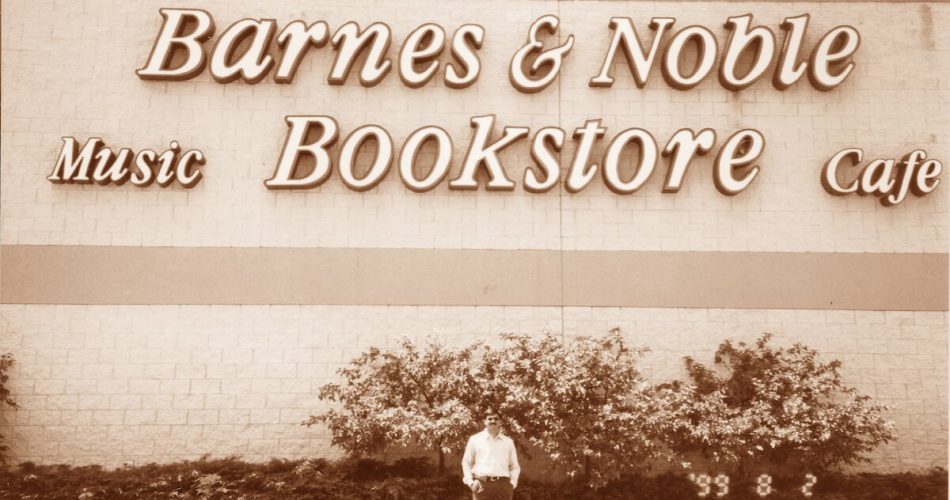I grew up surrounded by books. My grandfather was a publisher from 1929 and my father was a publisher for over five decades. So, I have a natural interest in books, publishers and the state of the book business. Everywhere I travel if I see a bookstore I will definitely spend an hour there, I remember the countless hours I spent in the many Barnes and Noble, and Borders stores during my visits to the USA in the early years of this century.
Recently, I listened to this episode of the Decoder podcast with the CEO of Barnes and Noble Mr James Daunt with The Verge’s Nilay Patel. It was an eye-opener! If you’re interested in the future of book retailing, you should definitely listen to this one. You’ll get valuable nuggets of wisdom that will help you stay ahead of the curve.
Mr Daunt comes from the UK, where he still runs his own independent bookstores. Mr Daunt talks about how he has decentralised the operations of the stores, letting each store’s booksellers select the titles they display. He discontinued the placement fees B & N used to get from Publishers, which instantly paved the way for true bestsellers to be showcased and not the highest bidder’s books. B & N is now owned by a private equity company and the first move of a PE firm is to downsize the staff and cut costs. Mr Daunt did the same but for noble reasons he says and it sounds convincing. Because of this, he says they were lucky to have moved out of costly Manhattan real estate just before the pandemic.
I found this fact to be fascinating: “All of our book buying is done by essentially one person with two assistants, and that was a team probably of 40 or 50 before. That’s all we need to do centrally. The rest is all done out in the stores?”
I agree 100% with his assessment of Amazon: “Amazon is terrible at discovery, and I think publishers are slowly realizing that if you want to move beyond the brand names of the past, you’re going to need to find a way to promote them. They are really terrible at putting a book in front of you that you never thought you’d want to read, that you have no reason to read and no tether to at all. Whereas a bookstore is precisely the place that does that. You pick up the book that you never thought you would want to read, might read, or could even think about reading, by an author you’ve never even heard of until that moment.”
And his response to how he navigates the landmine of what books his bookstores can sell and decide not to sell a book due to their personal beliefs was brilliant: “Our job then centrally is to discuss those and talk it through. As with most things, diplomacy, talking, thought, and some level of kindness and understanding on both sides will generally get to a decent outcome.”
I found it heartening to him say “Generally, most booksellers are sensible people and passionately believe in freedoms of speech and all of the positive things around that. We stand fair and square alongside librarians. We would always try and champion the widest diversity of opinions. That is not to say we should ban the other side. We are a place that should carry everything, but we do seek to exclude from our stores’ things that are beyond an acceptable level.”
Check out this episode dated 16th March 2023, Decoder, The Verge.
#TheVerge #Decoder #podcast #barnesandnoble



Comments